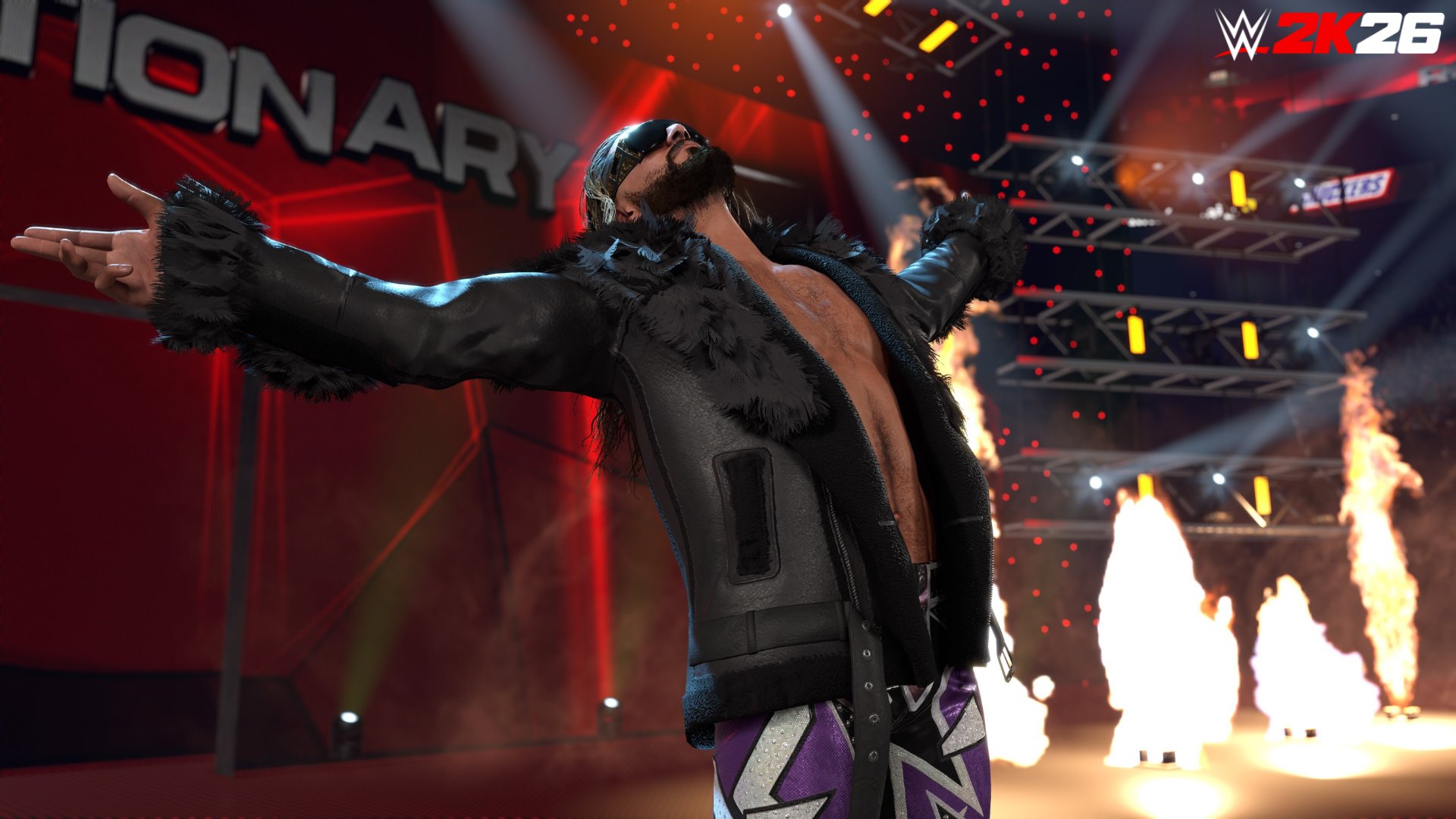Anthem represents a real chance for EA to make up for past mistakes
Anthem represents a chance at a brighter future for EA, but only if the company proves that it learned from recent controversies.
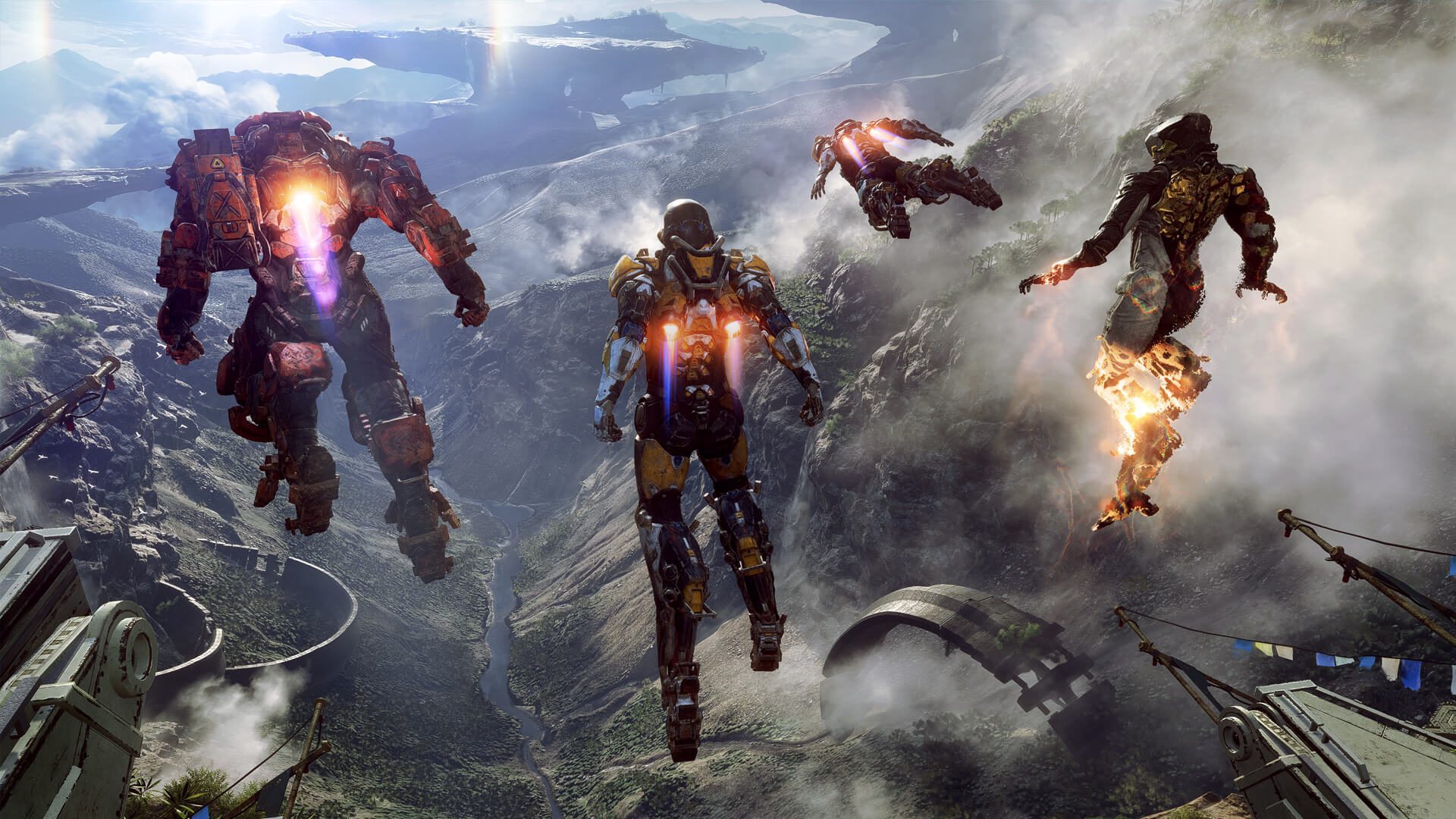
All the latest news, reviews, and guides for Windows and Xbox diehards.
You are now subscribed
Your newsletter sign-up was successful
Between the discontent surrounding the launch state of Mass Effect: Andromeda and the fiasco surrounding Star Wars: Battlefront II's microtransaction system, 2017 was not a good year for Electronic Arts (EA). While it's true that we received an apology from EA's design chief in the wake of the controversy, we've been here before. As my colleague and Windows Central Xbox Editor Jez Corden wrote a few weeks back, EA has been in trouble with the gaming community for years. At this point, the cycle of "we're sorry" is wearing thin.
Anthem, EA's next AAA title slated for a delayed release in 2019, represents a chance for change. Seeing as Anthem is a new intellectual property, it's somewhat of a fresh slate — and EA can't waste this opportunity to implement the feedback it has received.
A quality launch
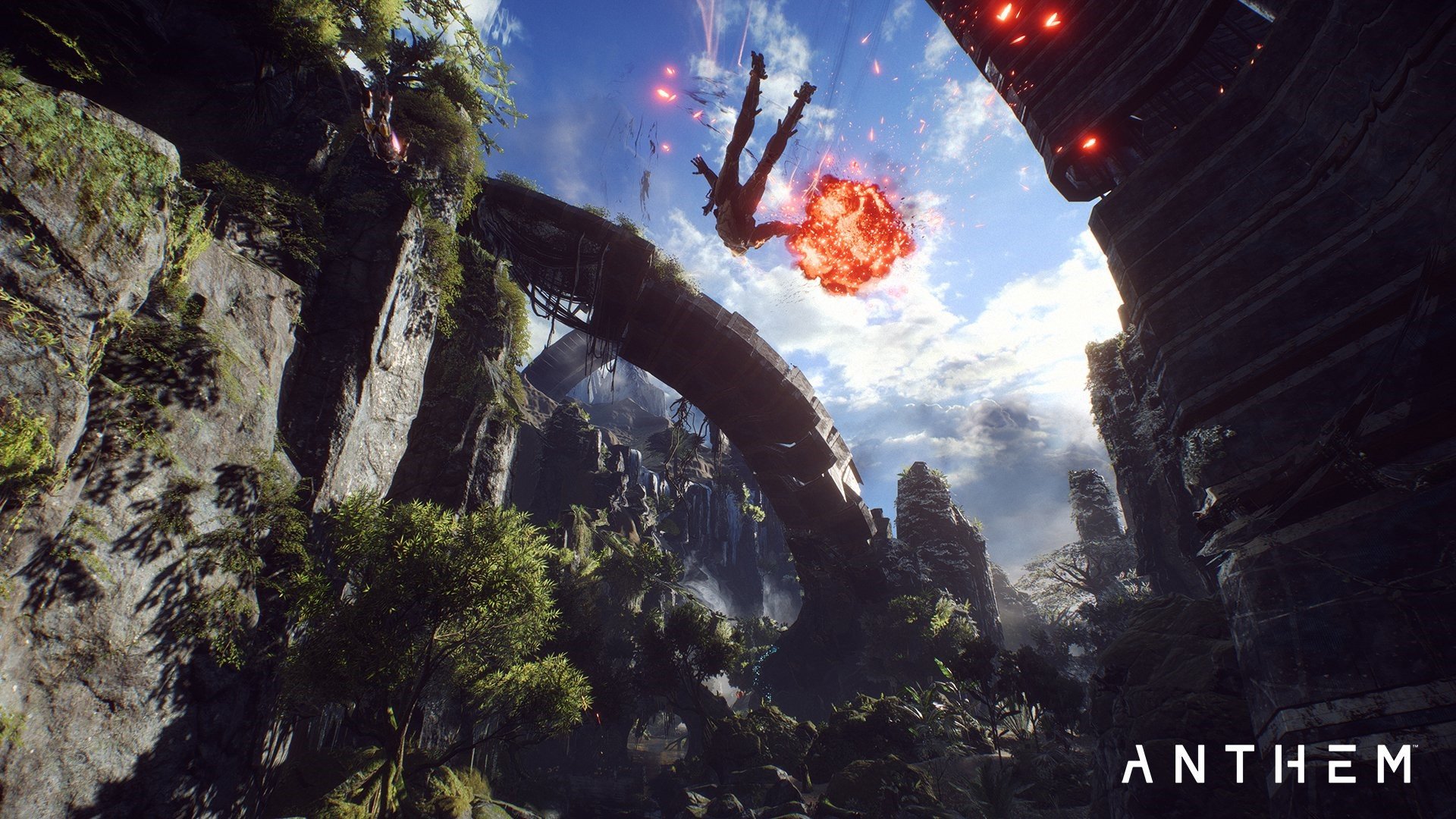
EA and developer BioWare need to ensure that Anthem will release in a playable state. This issue is what killed the hype around Mass Effect: Andromeda; hours after release, people were reporting every performance issue under the sun, ranging from broken animations to bugged out quests, to the game refusing to run at all. While it is true that Star Wars: Battlefront II was much more polished, it nevertheless had a sizable collection of its own bugs.
Thankfully, there's a good chance that this is being made into a priority since Anthem was delayed until the first quarter of 2019. Delays usually make gamers groan, but I think they're a necessary evil to ensure that a title releases in a quality state. As much as we'd all like to see Anthem in our download queue, I think the gaming community can collectively agree that stability is critical.
A consumer-friendly microtransaction system
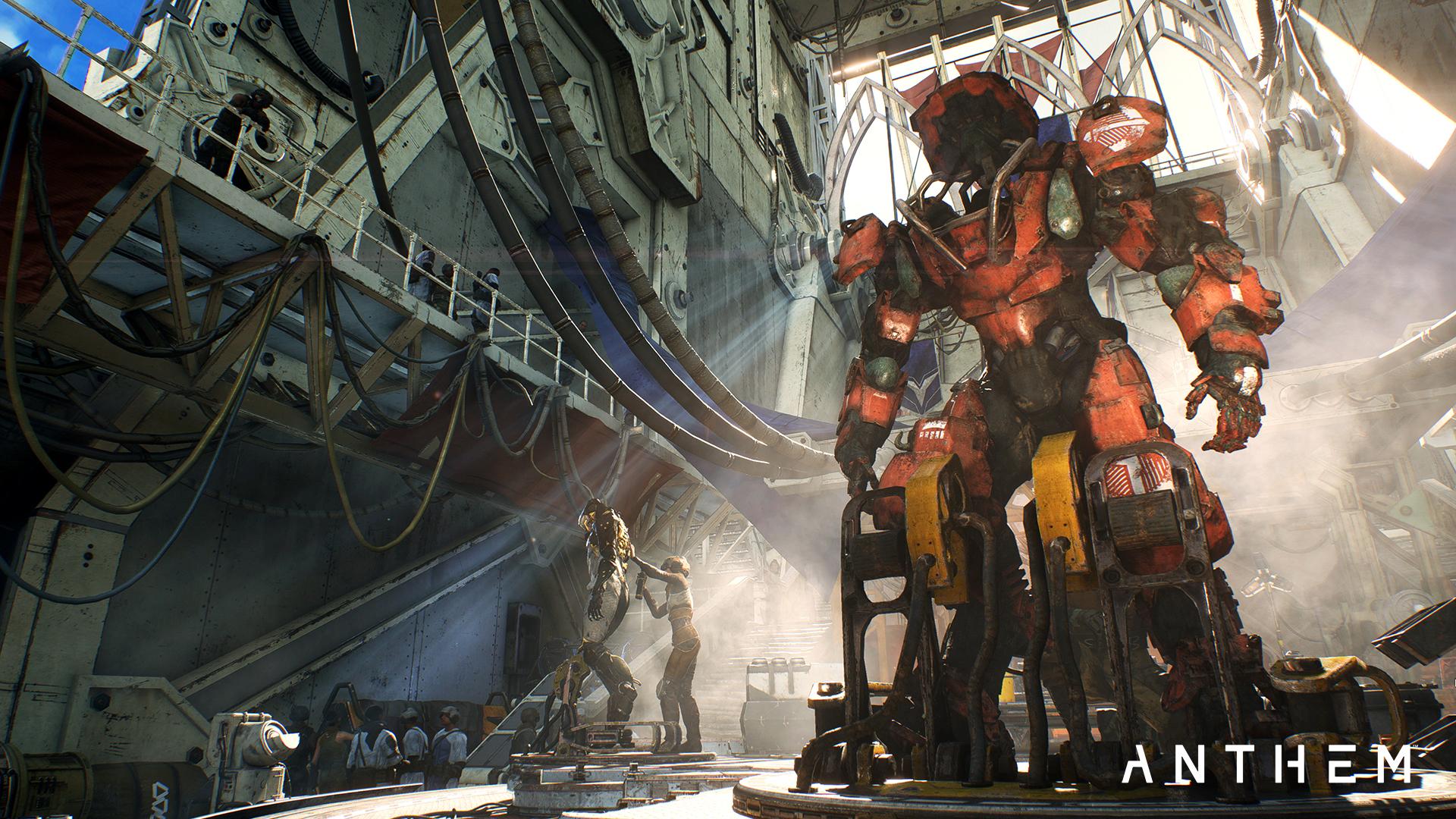
While it's true that no microtransactions at all would be what most people prefer, I think that's an unrealistic expectation. Companies like money, and microtransactions have made EA a lot of it. Be that as it may, there are ways to put them in games so that the system isn't invasive like it was with Star Wars: Battlefront II.
One route the company could opt to take is making the microtransactions cosmetic-only. This way, it only has an impact on a game's customization systems, and not the core gameplay experience. Another thing EA could do is make it so that there isn't an element of randomness. This is something that Titanfall 2 did — the micropayments in that game allowed you to buy exactly what you wanted, as opposed to most systems, which are tied to a random number generator. It's worth noting this still leaves room for a pay-to-win issue, so any weapons that you can buy should be "sidegrades" (weapons that are different but not better) instead of upgrades.
EA needs to commit
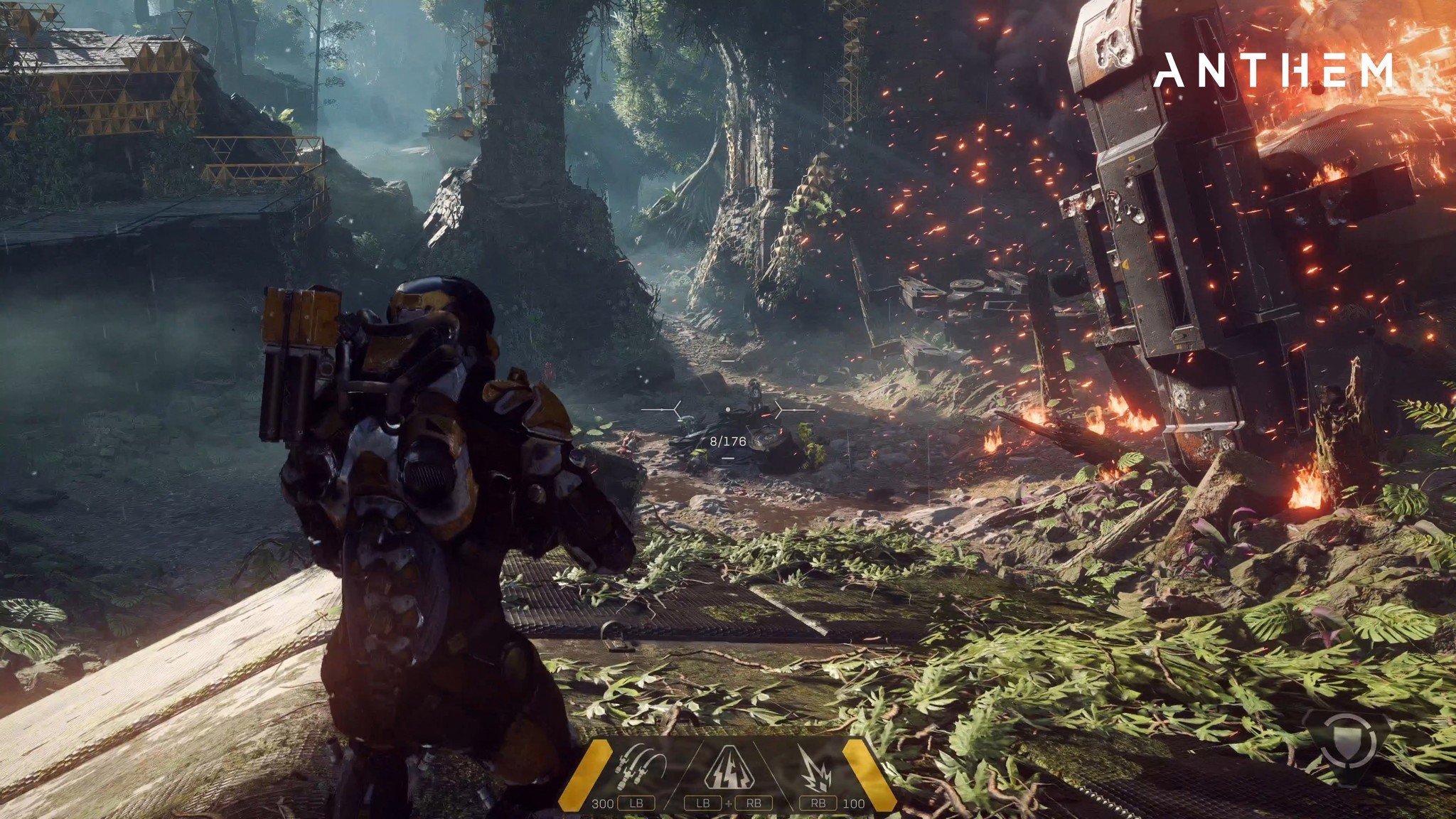
In the event that Anthem doesn't do as well as expected upon launch, EA needs to bite the bullet and commit to its game over time. This was another major issue with Mass Effect: Andromeda, as all future content updates for that game were canceled shortly after the lackluster release. If Ubisoft has proven anything with games like Rainbow Six Siege and The Division, it's that games can make strong and profitable comebacks if the publisher and developer stick with them.
All the latest news, reviews, and guides for Windows and Xbox diehards.
Read: The Division's resurrection proves flawed games don't have to die
Hopefully, it won't come to that, and Anthem will release strongly and won't require extensive support after the fact. But if it does, EA will need to commit instead of cutting all ties.
Your thoughts
What do you think? Do you expect EA to finally show us they're listening with Anthem? Let us know.

Brendan Lowry is a Windows Central writer and Oakland University graduate with a burning passion for video games, of which he's been an avid fan since childhood. He's been writing for Team WC since the summer of 2017, and you'll find him doing news, editorials, reviews, and general coverage on everything gaming, Xbox, and Windows PC. His favorite game of all time is probably NieR: Automata, though Elden Ring, Fallout: New Vegas, and Team Fortress 2 are in the running, too. When he's not writing or gaming, there's a good chance he's either watching an interesting new movie or TV show or actually going outside for once. Follow him on X (Twitter).
